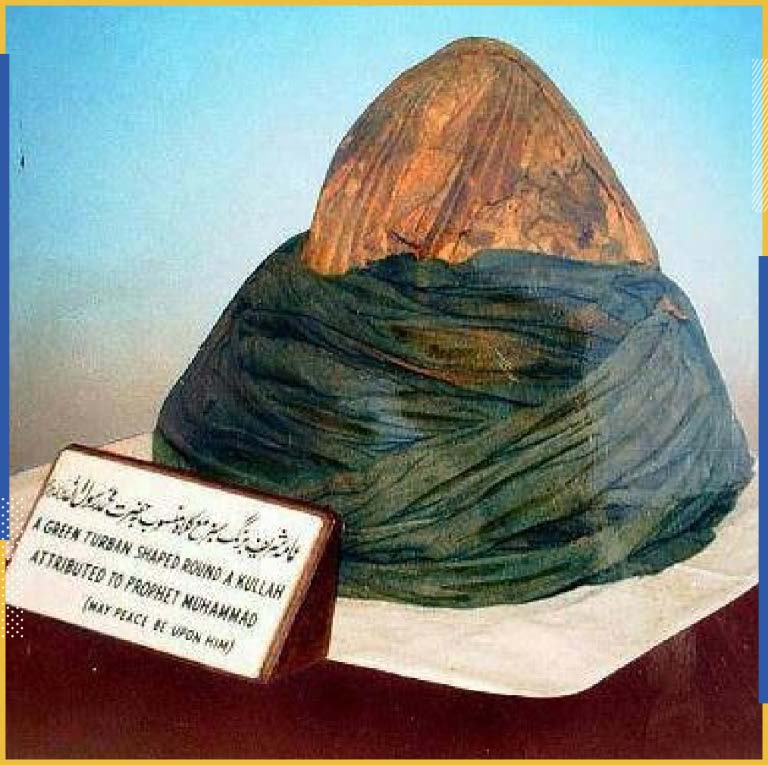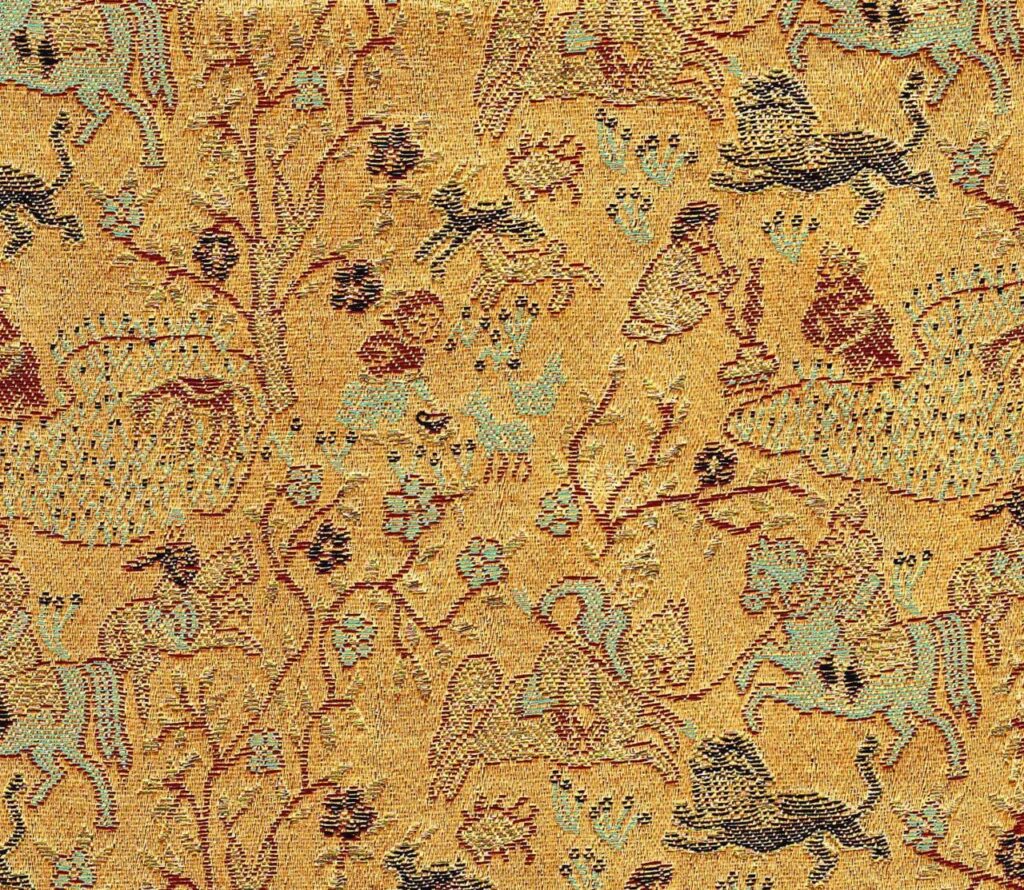The Prophet ﷺ had a turban which he named Sahab (Cloud). At first, we might find this surprising, as we usually associate naming with people. However, the Prophet ﷺ also gave names to animals and even to what we would today consider inanimate objects or things.
For example, Duldul was the name of the mule he used to ride, and Riyan was the name of a small box in which he kept his miswak to protect it from dirt. He also named his horse, his saddle, his staff, and even the bowl from which he ate — calling it Sudeirah — as well as the jug he used for ablution, which he called Mihdab. Among the names he gave to his swords were Dhul-Fiqar, Al-Ma’thur, and Ar-Rasub.
Historians say that naming one’s possessions was a common practice among the Arabs of that time. The idea of giving a name to a tool, gift, or animal reflects the value and place that item holds in one’s life. This aligns perfectly with what the Prophet ﷺ taught us — gratitude and humility before Allah for every blessing we receive.
When receiving a new garment, for instance, the Prophet ﷺ taught us to say:
“Praise be to Allah who has provided me with this garment without any power or might from myself.”
and
“Praise be to Allah who has provided me with what I adorn myself with in my life, conceal my nakedness with, and by which I am independent of others.”
It was also from his habit that whenever he received a new piece of clothing, he would give away one he already had in charity. Through this, Islam teaches us to feel deep gratitude to Allah for His blessings, to protect our hearts from arrogance or ingratitude — as was the case with the man of the two gardens who said, “I was only given it because of knowledge I possess.”
Every blessing we receive is but a tool that should help us do good — as Allah says: “Work, O family of David, in gratitude.”
We are also taught to use what we have with wisdom and moderation, staying away from wastefulness.
This is an invitation for all of us to reconsider our relationship with our belongings — to treat them with responsibility and respect, following the example of the Prophet ﷺ, the Messenger of Mercy.
Some researchers, such as Yunus Emre, have seen this prophetic behavior as the height of loyalty and gentleness — a practical rejection of consumerism and of neglecting objects once they have served their purpose. It is a behavior that Muslims today should reflect upon, especially in an age where things change rapidly, and blessings are often wasted without appreciation.



